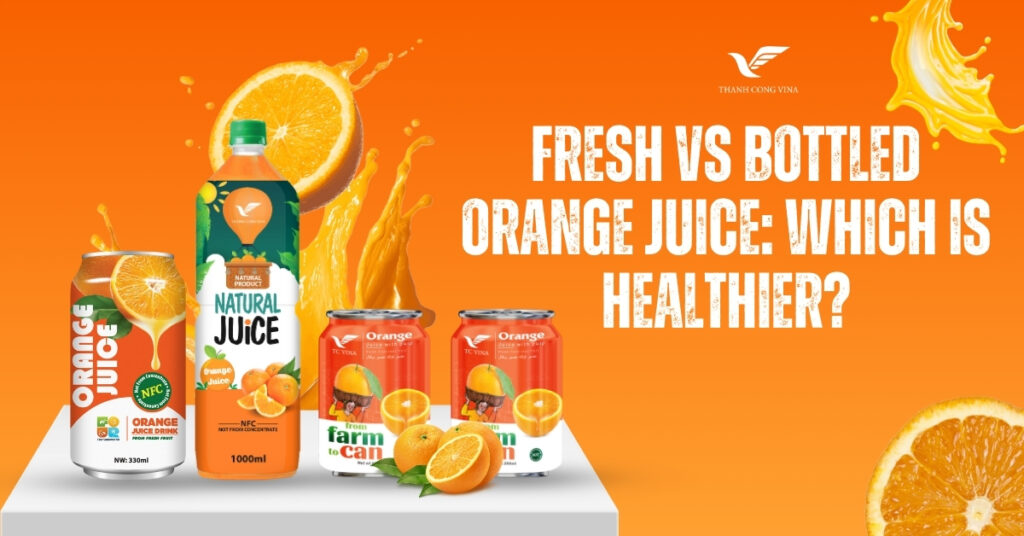Products Knowledge
Fresh vs Bottled Orange Juice: Which Is Healthier?
Orange juice has long been a popular beverage around the world, appreciated for its refreshing taste and high vitamin C content. But as consumer awareness about health and wellness continues to grow, many people are asking a key question: Is fresh orange juice healthier than bottled orange juice?
In this comprehensive guide, we will explore the differences between fresh and bottled orange juice, their nutritional profiles, potential health benefits, drawbacks, and how to make the best choice for your lifestyle. Thanh Cong Vina IEP CO., LTD, Whether you are a casual juice drinker or someone conscious about nutrition, understanding these distinctions can help you make healthier decisions.
Understanding Orange Juice
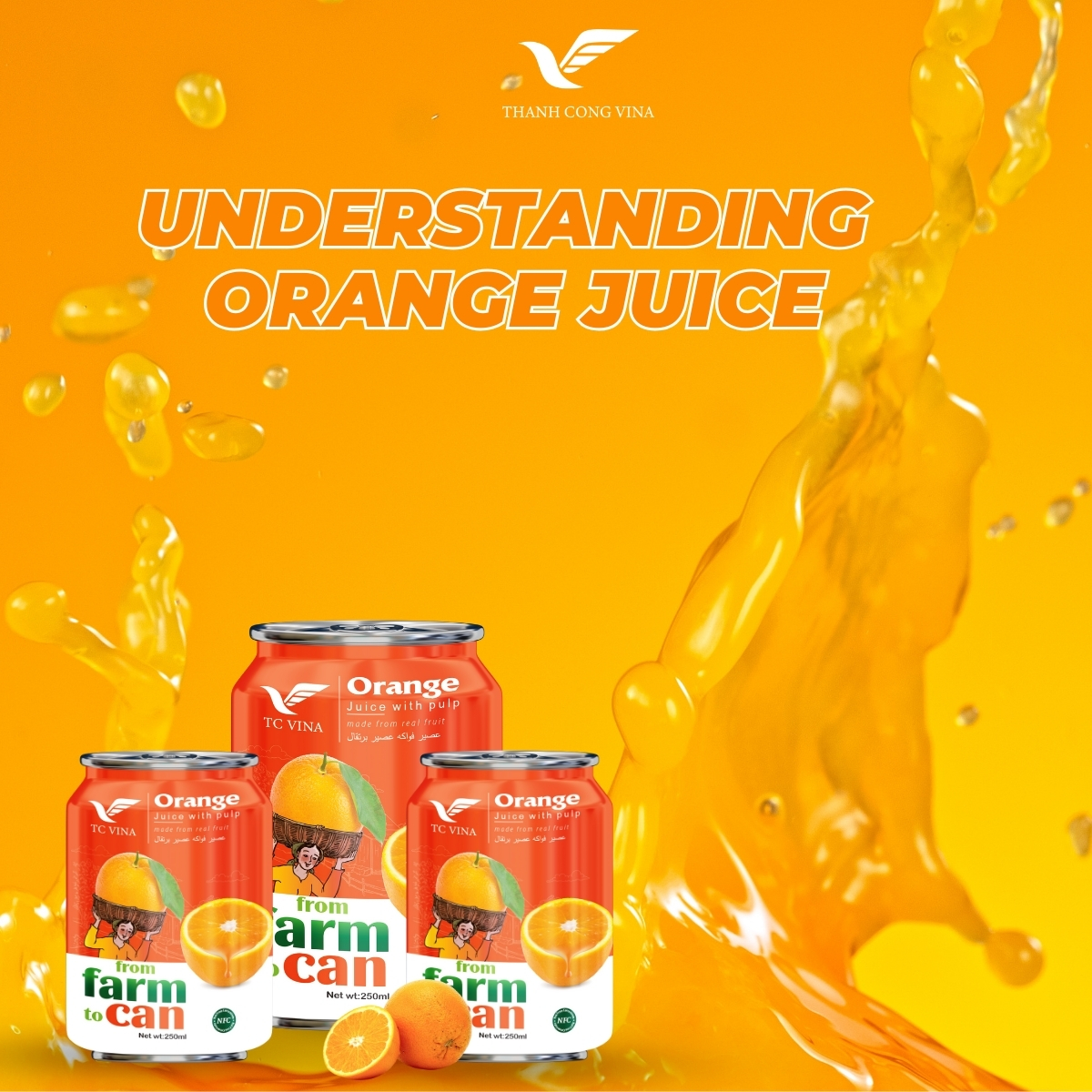
Before diving into comparisons, it’s essential to understand what we mean by “fresh” and “bottled” orange juice.
Fresh Orange Juice
Fresh orange juice is typically squeezed directly from oranges without undergoing major industrial processing. It is often consumed immediately after juicing or within a short time frame. Fresh juice can be made at home using a juicer or purchased from juice bars and markets that prepare it on demand.
Bottled Orange Juice
Bottled orange juice is commercially processed and packaged to extend its shelf life. It usually undergoes pasteurization, where the juice is heated to kill harmful bacteria. This process also preserves the product for weeks or even months, depending on storage and packaging. Some bottled juices contain added sugars, preservatives, or flavor enhancers, though not all.
Nutritional Profile of Fresh vs Bottled Orange Juice
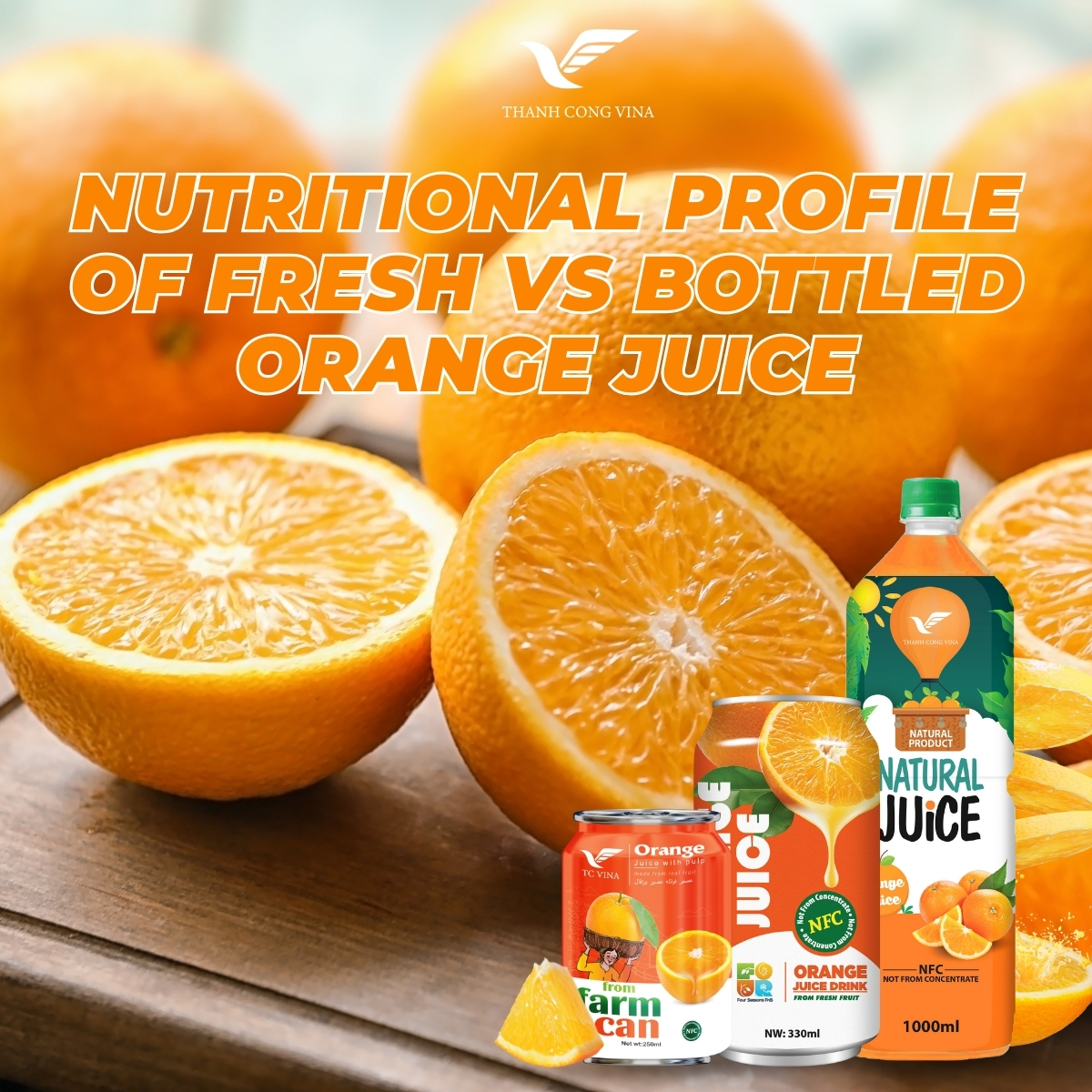
The main factor consumers consider when choosing between fresh and bottled orange juice is nutrition. Here’s how they compare:
Vitamins and Minerals
- Fresh Orange Juice: Rich in vitamin C, folate, potassium, and antioxidants. Because it is unprocessed, the vitamin content remains intact.
- Bottled Orange Juice: Still contains vitamin C and essential minerals, but pasteurization and long storage may reduce some nutrients, particularly heat-sensitive compounds like vitamin C.
Fiber Content
- Fresh Orange Juice: If made using a juicer that preserves pulp, it contains small amounts of dietary fiber, which supports digestion.
- Bottled Orange Juice: Usually strained and filtered, resulting in little to no fiber.
Sugar Levels
- Fresh Orange Juice: Contains only natural sugars from the fruit. The glycemic load may still be high if consumed in large amounts.
- Bottled Orange Juice: May include added sugars, making it higher in calories and less healthy. Always check labels for “100% orange juice” to avoid excess sugar.
Additives and Preservatives
- Fresh Orange Juice: Free of additives or artificial preservatives when made at home.
- Bottled Orange Juice: Some varieties include preservatives, artificial flavors, or fortifications such as added calcium or vitamin D.
Health Benefits of Orange Juice
Both fresh and bottled orange juice provide health benefits when consumed in moderation.
Boosts Immunity
Vitamin C plays a vital role in supporting the immune system. Fresh orange juice generally contains slightly higher vitamin C levels compared to bottled juice.
Supports Heart Health
Potassium in orange juice helps regulate blood pressure, reducing the risk of hypertension and heart disease.
Improves Skin Health
Antioxidants in orange juice, particularly vitamin C, contribute to collagen production and skin repair.
Provides Hydration
Orange juice is a hydrating beverage that replenishes fluids and electrolytes, especially after exercise or hot weather.
Potential Drawbacks
Despite its health benefits, orange juice also has limitations.
High Sugar Content
Both fresh and bottled orange juice are high in natural sugars, which can cause blood sugar spikes. Bottled varieties with added sugar further increase this risk.
Low Fiber
Unlike whole oranges, both types of juice lack significant dietary fiber, which is important for digestive health and controlling sugar absorption.
Caloric Intake
Frequent consumption of orange juice, especially bottled varieties with added sugar, may lead to unwanted weight gain if not balanced with an active lifestyle.
Fresh Orange Juice: Pros and Cons
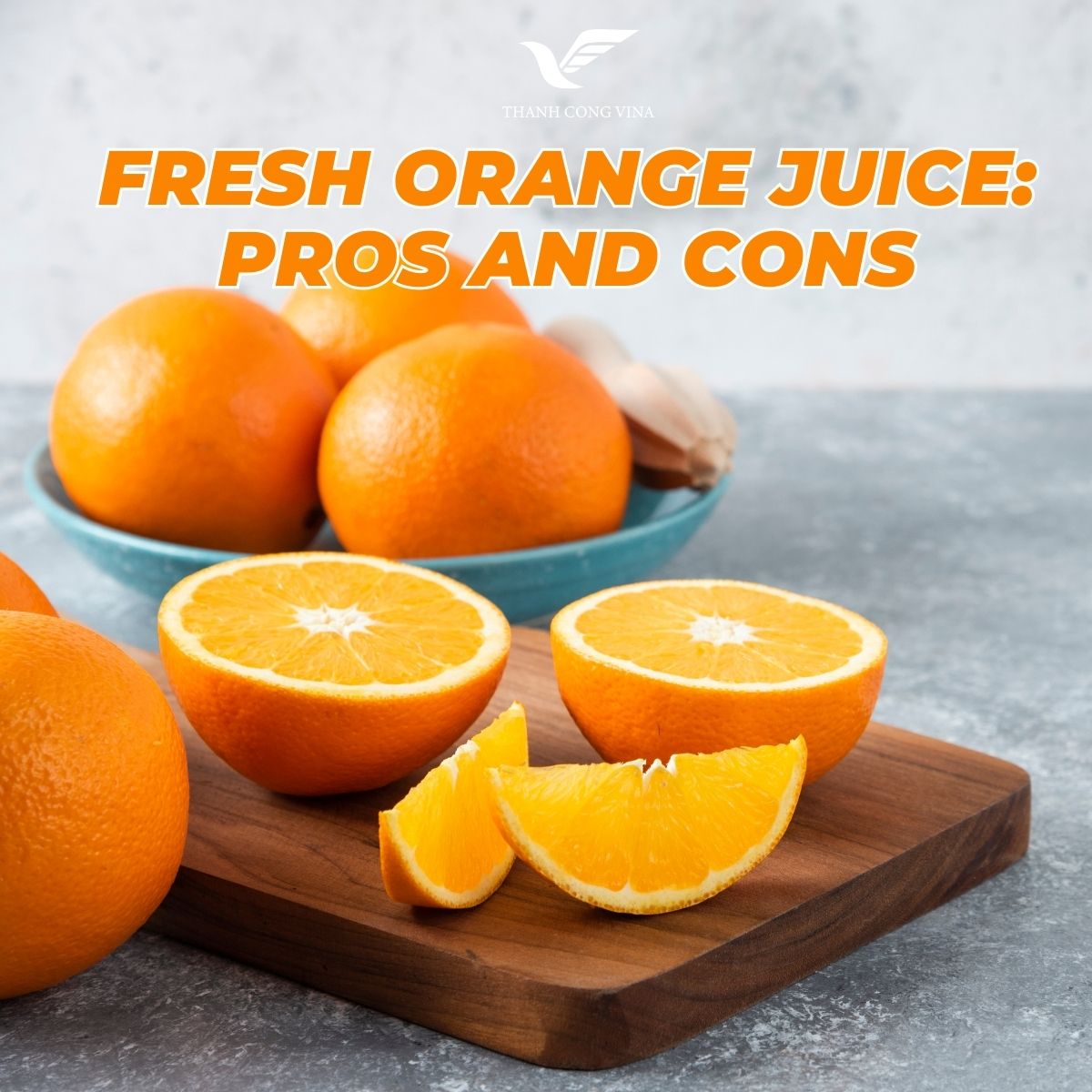
Pros:
- Maximum nutrient retention
- Free from additives and preservatives
- Superior taste and freshness
- Higher antioxidant content
Cons:
- Short shelf life
- Requires preparation
- May be more expensive due to the need for fresh oranges
Bottled Orange Juice: Pros and Cons
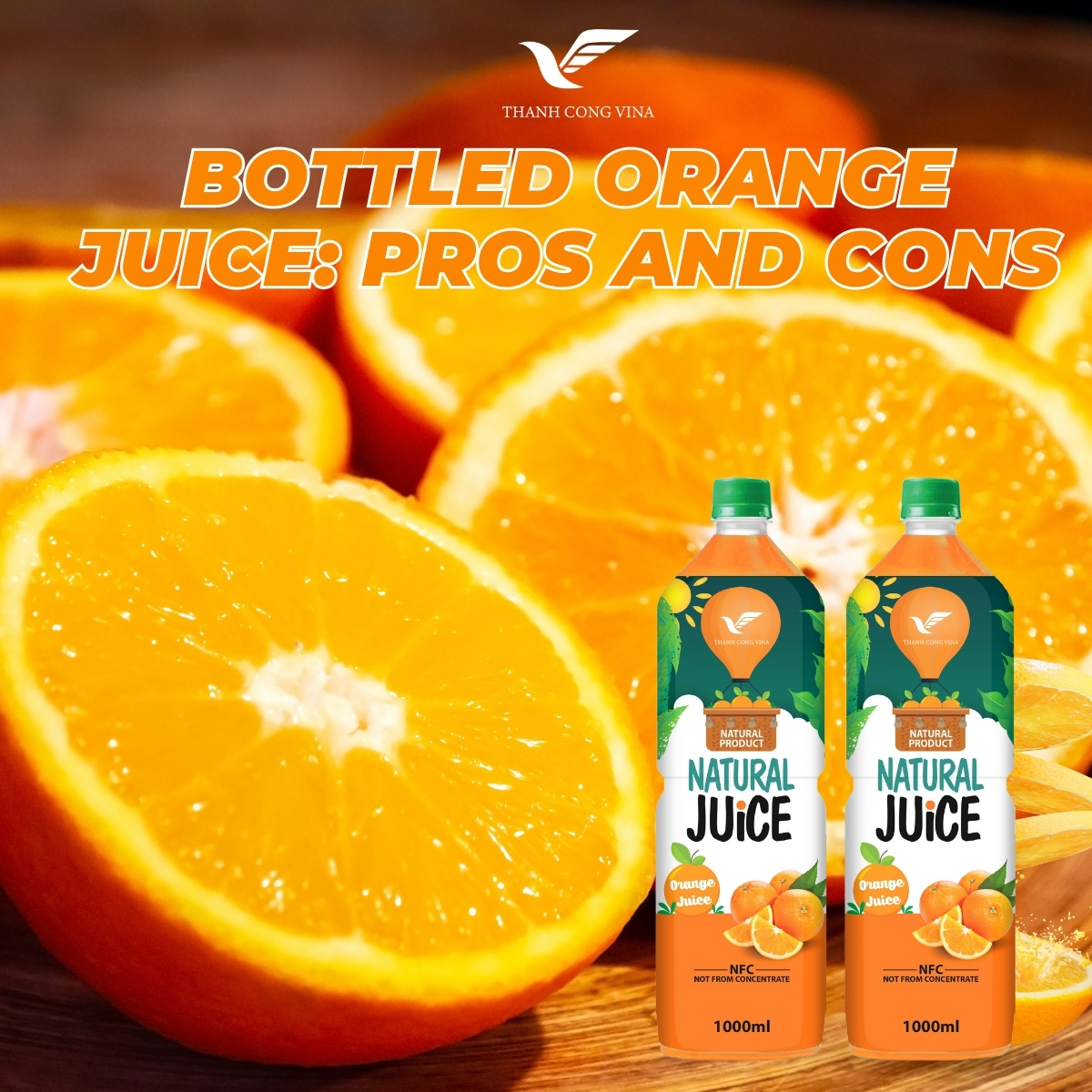
Pros:
- Convenient and readily available
- Longer shelf life due to pasteurization
- Sometimes fortified with additional nutrients
- Widely accessible at lower cost
Cons:
- Possible nutrient loss during processing
- Often lacks fiber
- Risk of added sugars and preservatives
- Taste may be less vibrant compared to fresh juice
Fresh vs Bottled: Which Is Healthier?
When comparing fresh and bottled orange juice, fresh juice generally has the advantage due to its higher nutrient content, absence of additives, and fresher taste. However, bottled orange juice still provides essential nutrients and can be a practical option when fresh juice isn’t available.
The healthiest choice depends on your lifestyle:
- If convenience is your priority, opt for bottled 100% orange juice with no added sugars or preservatives.
- If nutrition and taste matter most, fresh juice is the clear winner.
Tips for Choosing the Healthiest Orange Juice
- Check Labels Carefully – Look for “100% orange juice” with no added sugar, artificial flavors, or preservatives.
- Watch Portion Sizes – A small glass (150–200 ml) per day is enough to reap the benefits without excess sugar.
- Consider Whole Oranges – Eating whole fruit provides the same nutrients as juice but with added fiber.
- Mix With Other Fruits or Vegetables – Fresh juice blends can balance sugar levels and increase nutritional variety.
Conclusion
At Thanh Cong Vina, The debate between fresh vs bottled orange juice ultimately comes down to priorities. Fresh orange juice is the healthier choice due to its superior nutrient content, natural taste, and absence of additives. However, bottled orange juice still offers convenience and essential nutrients, especially when labeled as “100% juice.”
For those aiming to maximize health benefits, consuming fresh juice in moderation or choosing bottled juice without added sugars is the best approach. Remember, balance is key—orange juice should complement a diet rich in whole fruits, vegetables, lean proteins, and whole grains.

